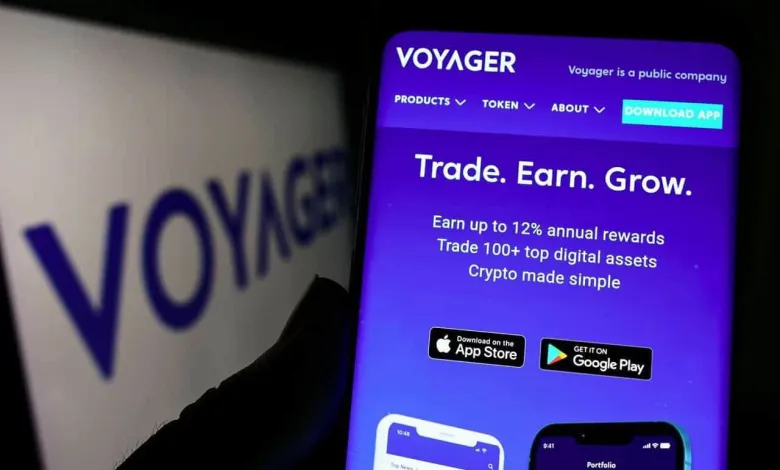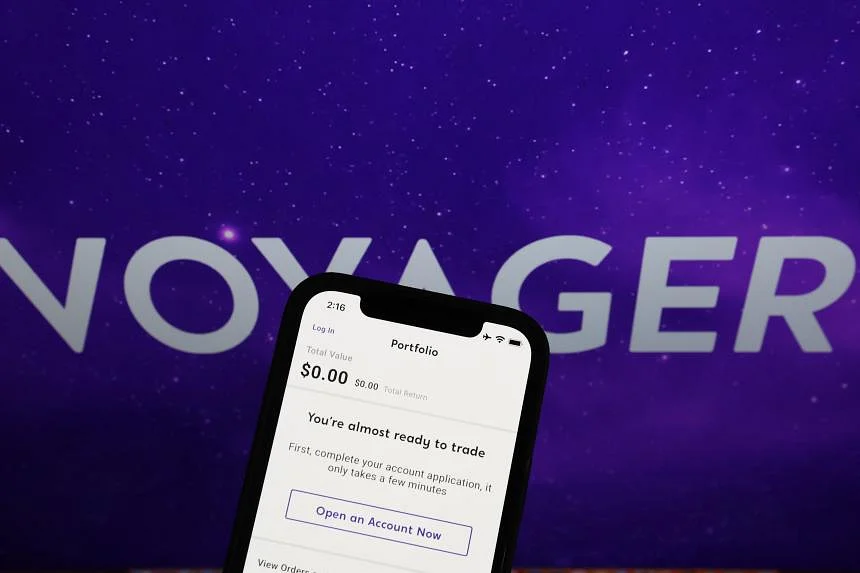Following the suspension of withdrawals and filing for Chapter 11 Bankruptcy Protection by billion-dollar crypto brokerage firm Voyager Digital as a result of the recent cryptocurrency market crash, a YouTube investigator has delved into the company’s demise, explaining why its practices may not be entirely legal.

As it happens, Stephen Findeisen, a YouTuber who investigates online scams, has called Voyager’s integrity into question. Findeisen explicitly mentioned all of the things he discovered about which Voyager allegedly lied to its clients in his July 13 video.
According to the YouTuber, Voyager, which claimed to have a low-risk approach to investing and the ability to withstand any bear market, was “a gigantic red flag that you should never ignore,” as Findeisen explained.
Furthermore, the company transferred $654 million in client loans to a single hedge fund, Three Arrows Capital (3AC), which invested the funds in Terra (LUNA). The failure of LUNA rendered this loan worthless.
In other words, the company’s ostensibly low-risk approach appeared to be nothing more than deceptive marketing.
Furthermore, the company made significant claims about FDIC (Federal Deposit Insurance Corporation) insurance through a partnership with a legitimate bank, the Metropolitan Commercial Bank. However, the YouTuber claimed that the bank failed to inform its clients that this insurance only covered their assets if the bank failed, not Voyager.
Finally, Findeisen called into question the company’s Chapter 11 bankruptcy filing, which allows a company to restructure its operations in order to repay debts while operations are halted. Voyager’s solution for resolving its insolvency was to print more Voyager money and stock.

The YouTuber explained that, despite widely advertised claims to be a brokerage firm, the company described itself as neither a stockbroker, commodity broker, clearing bank, or any of the other options.
According to him, the reason for this is that companies described above are not permitted to file Chapter 11 bankruptcy, but must instead be liquidated under the Securities Investor Protection Act (SIPA). Investors are given special protection and are paid first under SIPA. However, this would imply that the company’s plan to print more money and stocks would fail, and Voyager would most likely be forced to shut down its operations.
According to Findeisen, the company’s clients were simply unsecured creditors, with the company changing its narrative and claiming that all of its customers’ cryptocurrency was actually Voyager’s cryptocurrency. However, the judge at the Voyager’s first bankruptcy hearing emphasized this fact and questioned whether the company had even filed for the correct type of bankruptcy case.
Meanwhile, Alameda Research, the trading firm co-founded by crypto billionaire Sam Bankman-Fried and one of the company’s largest debtors, stated in early July that it was “happy to return the Voyager loan and get out collateral back whenever works for Voyager.”
DISCLAIMER: The Information on this website is provided as general market commentary and does not constitute investment advice. We encourage you to do your own research before investing.
Join CoinCu Telegram to keep track of news: https://t.me/coincunews
Follow CoinCu Youtube Channel | Follow CoinCu Facebook page
Patrick
CoinCu News





















